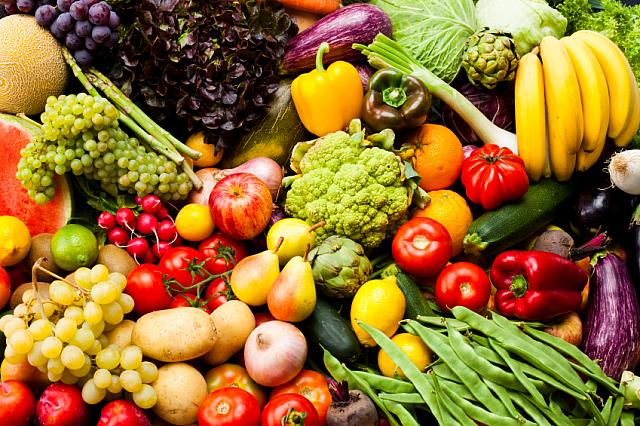Sinus polyps are benign small-tissue abnormal growths located within the nasal passages of the nose. Determinants like family history and age can be important in sinus polyp growth. The polyps develop from continual sinus infections, or repeated inflammations, like allergies. Side-effects of nasal polyps can be congestion of the nasal passages, leading to breathing problems, nasal infections or in serious cases, diminished smell. A wholesome diet plan and nutrition can assist in preventing the growth of nasal polyps.
So instead of closing the gate after the horse has bolted , it makes more sense to eat a diet that will reduce the likelihood of polyps developing in the first place , making nutrition possibly the best of the various nasal polyps treatments available.
Use an elimination test or keep a food diary to determine which foods you may be allergic to and make every effort to avoid these foods. It’s an unfortunate fact that many people continue to consume foods that they may be allergic to , and consequently they suffer from chronic inflammation. Some common foods that people are allergic to include gluten , food additives like msg ( monosodium glutamate ) or sulphites , soy , eggs and dairy.
Consume more leafy green vegetables like cabbage , rocket , spinach and lettuce. These vegetables convert beta-carotene into Vitamin A, a vital nutrient with strong anti-oxidant properties that reduces chronic inflammation by giving protection to the lining of the nasal passages.
Generally people simply don’t consume enough fruit and vegetables and this manifests itself in a deficiency of important vitamins like Vitamins C and E. These nutrients have powerful anti-oxidant properties that prevent cell damage which may give rise to the formation of polyps. These powerful vitamins may also assist in the metabolism of histamine molecules involved in allergic reactions. Some common sources of Vitamin C include..
- Lemons and Limes
- Peppers
- Guavas
- Bell peppers
- Leafy Greens
- Broccoli
- Thyme and Parsley
- Strawberries
Some sources of Vitamin E are..
- Almonds
- Hazelnuts
- Cashew Nuts
- Sunflower Seeds
- Walnuts

